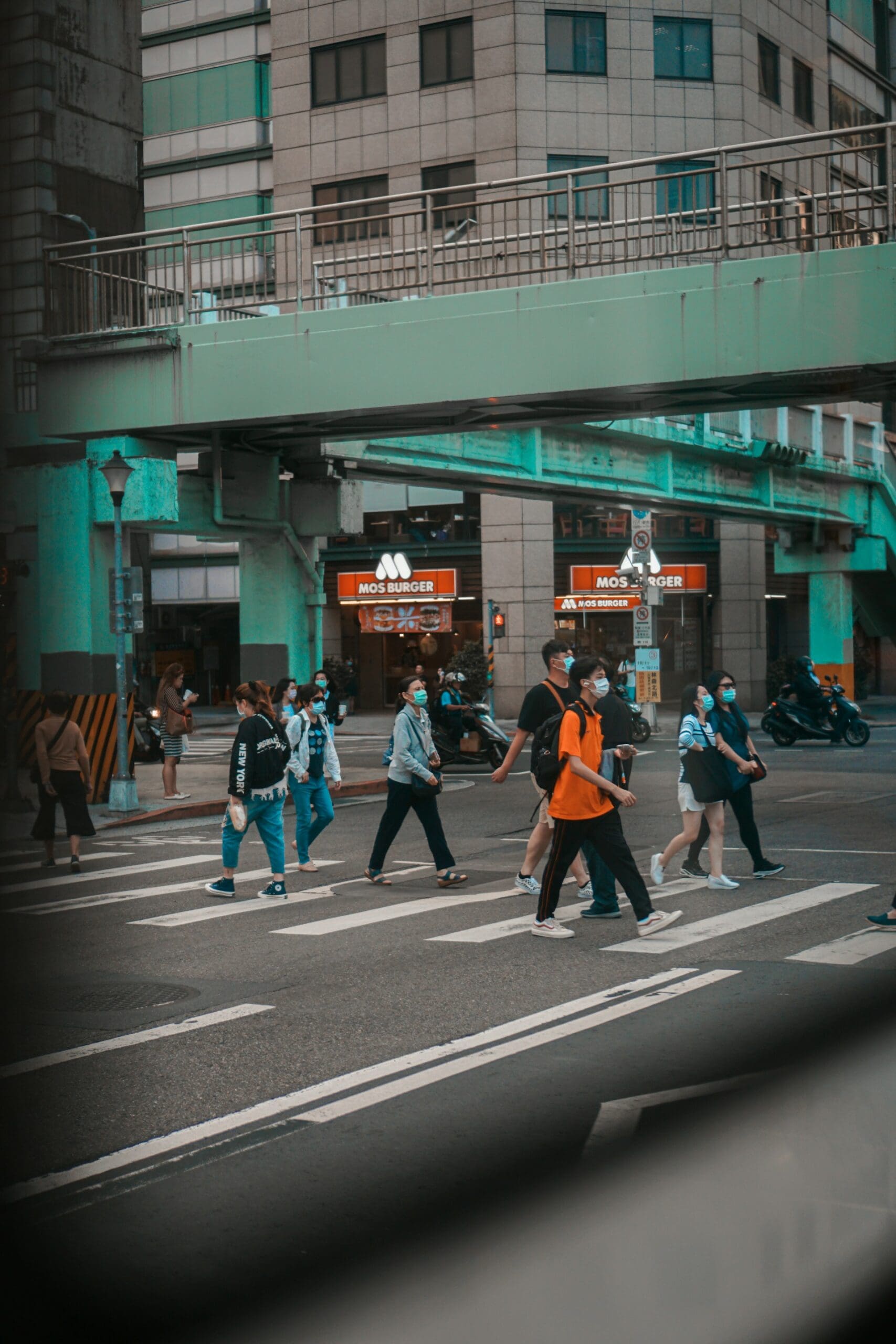This blog is based on a forthcoming article in Social Policy and Society by Päivi Mäntyneva and Heikki Hiilamo.
See original post here.
The covid-19 pandemic prompted an unprecedented global response, with nations implementing various social protection measures to mitigate the socio-economic impacts of lockdowns and restrictions. This blog, based on our forthcoming article “How did COVID-19 Social Security Measures Resemble Universal Basic Income? A Comparative Study of OECD Countries,” delves into the emergence of novel direct payments during the pandemic and explores their potential as a steppingstone towards universal basic income (UBI).
Novel Direct Payments: Definition and Implementation
Novel direct payments, as defined in this study, encompass one-off or periodic benefits delivered beyond traditional social risk categories. These payments aimed to address the diverse socio-economic consequences of the pandemic, offering support beyond the conventional frameworks of unemployment or sickness benefits. The purposes were manifold: preventing poverty, assisting individuals with income declines due to the pandemic, and stimulating economic activity at the societal level.
Comparative Analysis of Novel Direct Payments and UBI Ideal-Type Characteristics
Amongst OECD countries, only 11 introduced novel direct payments in 2020. Australia, Chile, Colombia, Denmark, Israel, Italy, Japan, Spain, South Korea, the UK, and the US were amongst the pioneers. Our study then compared these direct payments against the ideal-type characteristics of UBI, considering universality, periodical payment schedule, individuality, absence of means-testing, and no job-related conditionality.
The analysis of novel direct payments implemented during the covid-19 pandemic revealed significant alignment with key characteristics of an ideal type of UBI. In Japan and South Korea, direct payments exhibited universality by reaching a broad population. Israel’s one-off payments were considered nearly universal, excluding only a small percentage of high-income earners. The US and Denmark distributed direct payments to substantial portions of their populations, resembling the inclusive nature of UBI. Spain’s minimum vital income, designed as an open-ended scheme, shared features with UBI.
The distribution of benefits individually to recipients emerged as a consistent characteristic of the novel direct payments, aligning with the ideal type of UBI. Means-testing varied amongst the measures, with almost one-third adhering to the “no means test” criterion. Australia, Denmark, Japan, and South Korea provided one-off payments without considering recipients’ income or wealth. However, Spain, Italy, and the US conditioned certain payments on specific income levels and additional criteria, deviating from the pure universality ideal of UBI.
The absence of work-related conditionality, a defining feature of UBI, was generally observed in the studied direct payments. While Spain’s minimum living income scheme required registration as a jobseeker, the majority of novel direct payments did not include stringent work-related criteria. Notably, Colombia introduced work-related conditionality in the form of Solidarity Income for informal workers and their families. Overall, these novel direct payments exhibited commonalities with the ideal type of UBI, suggesting a quasi-basic income status.
Path-Creation and Future Implications
The study’s third focus delved into the path creations of novel direct payments, examining whether these measures persisted and underwent modifications as the pandemic endured. Seven out of 11 countries—Australia, Chile, Colombia, Italy, Japan, South Korea, and the US—extended novel direct payments. Notably, Spain’s new minimum living income scheme became an integral and permanent component of the social security system, continuing as an open-ended initiative.
Australia implemented three one-off payments and extended the Coronavirus supplement twice, showcasing ongoing financial support. Chile’s novel direct payments continued until December 2021, with varying targeting strategies based on household vulnerability. Colombia’s Solidarity Income benefit underwent multiple extensions until December 2023. Italy extended its emergency income three times, and the US, initially planning one-time economic impact payments, introduced additional rounds in response to the prolonged pandemic.
Asian countries also witnessed new path creations. South Korea introduced emergency relief benefits in 2020, reaching 22 million households, and a second grant in 2021, covering over 20 million households. Japan continued cash payments in spring 2021, specifically targeting households with children. In Denmark, one-off payments were granted to a substantial portion of the population in December 2020, encompassing almost 40% of Danes, with a focus on traditional risk categories.
However by June 2023, most novel payments had concluded, with exceptions in Colombia, where Citizen Income transformed incrementally from Solidarity Income, and Spain, where Minimum Vital Income became a permanent benefit.
Questions of Crisis-Resilience and Sustainability
The study’s findings also raise questions about the crisis-resilience and sustainability of social security systems in advanced economies. Even the introduction of direct payments during the pandemic, though overlapping with existing social benefits, may signal the inadequacy of current benefit levels. The convergence of means in social security across OECD countries during the crisis highlights the global nature of the response.
Lessons Learned and Future Considerations
In mature welfare states, social security has evolved to address new social risks, such as balancing family and working life, with an emphasis on social investment policies and preventive measures. The concept of basic income, with its potential to simultaneously meet various societal and individual targets, has gained traction in discussions around alternative social security models. Although novel direct payments during the pandemic displayed quasi-basic income characteristics, the crisis did not result in a widespread shift towards the immediate institutionalization of these social security measures.




















